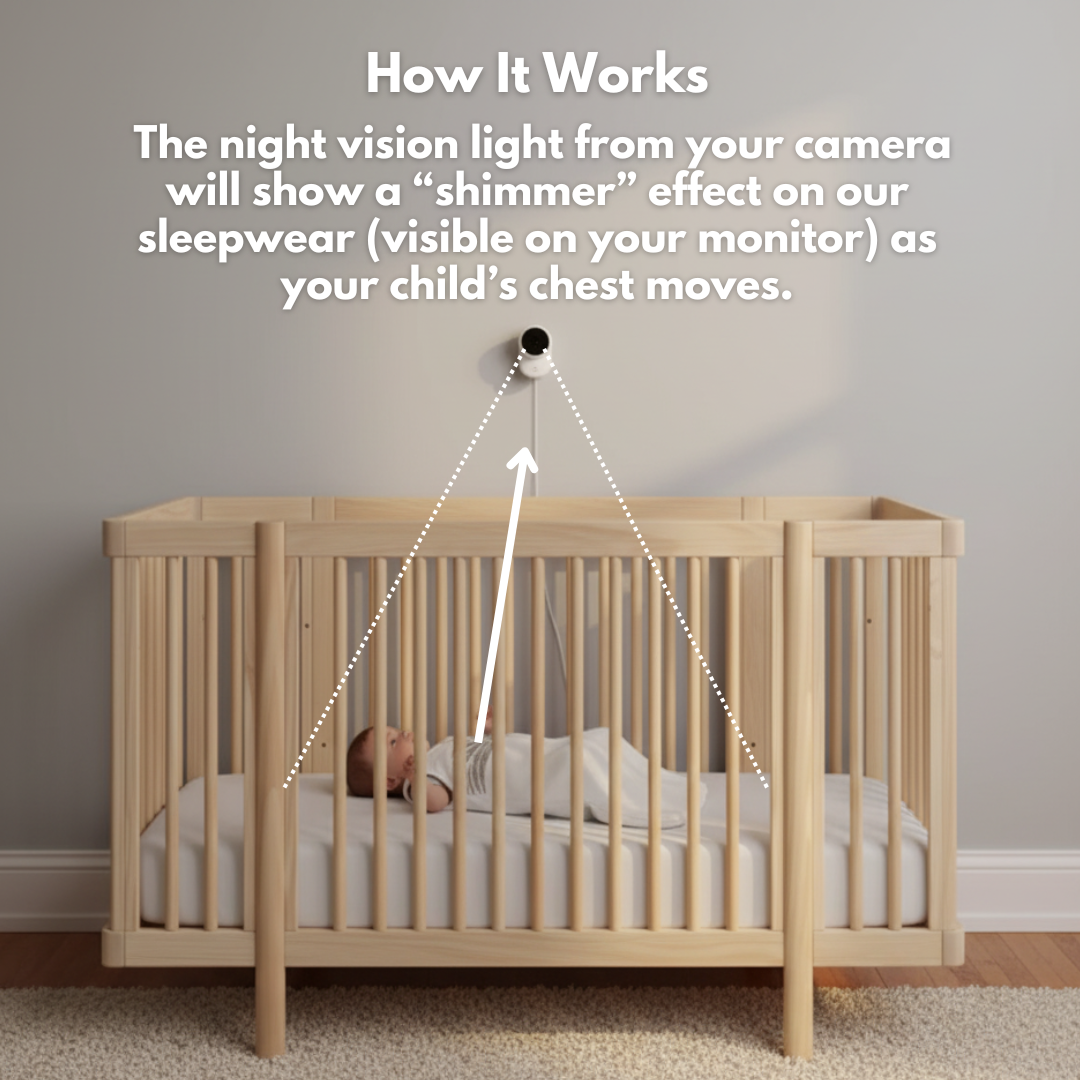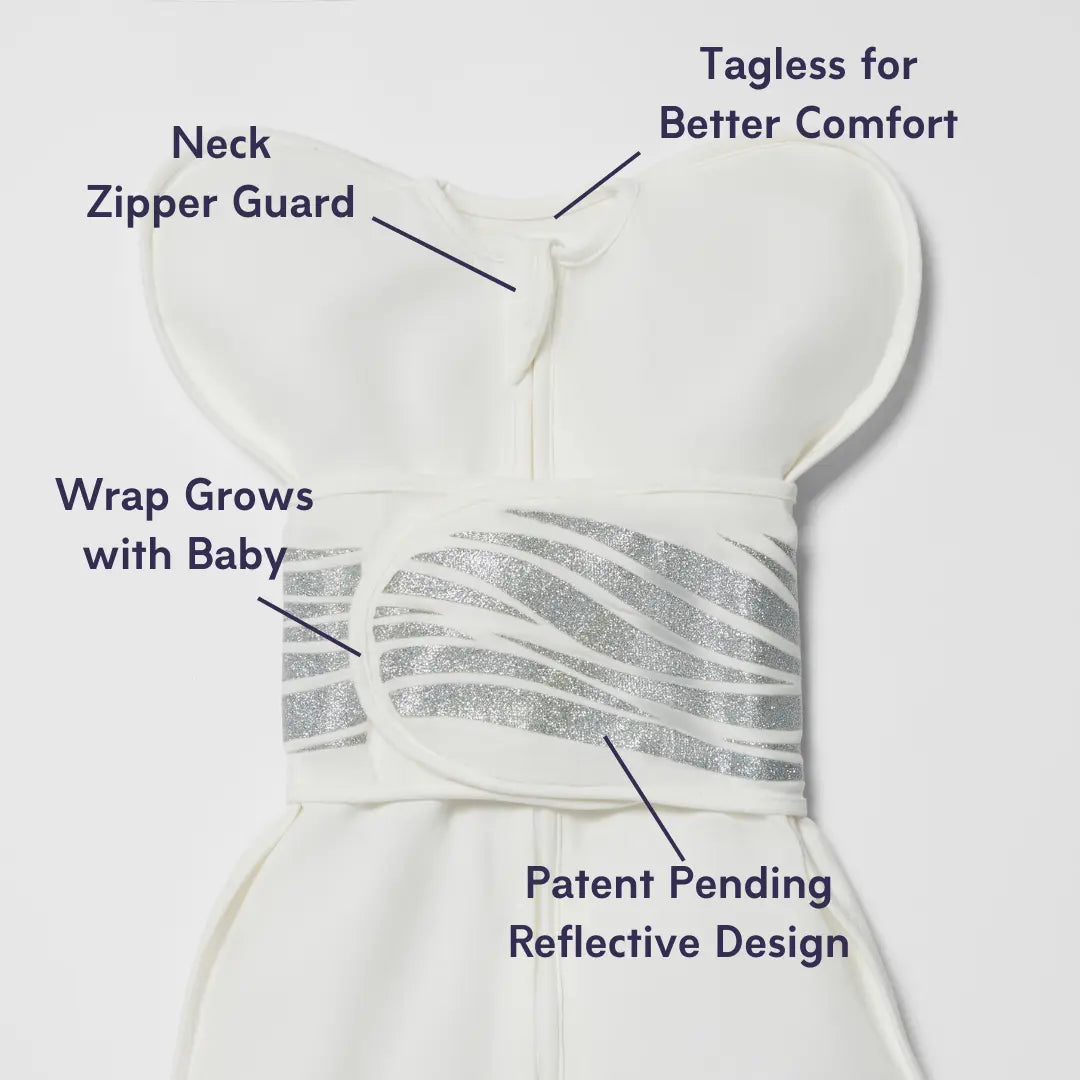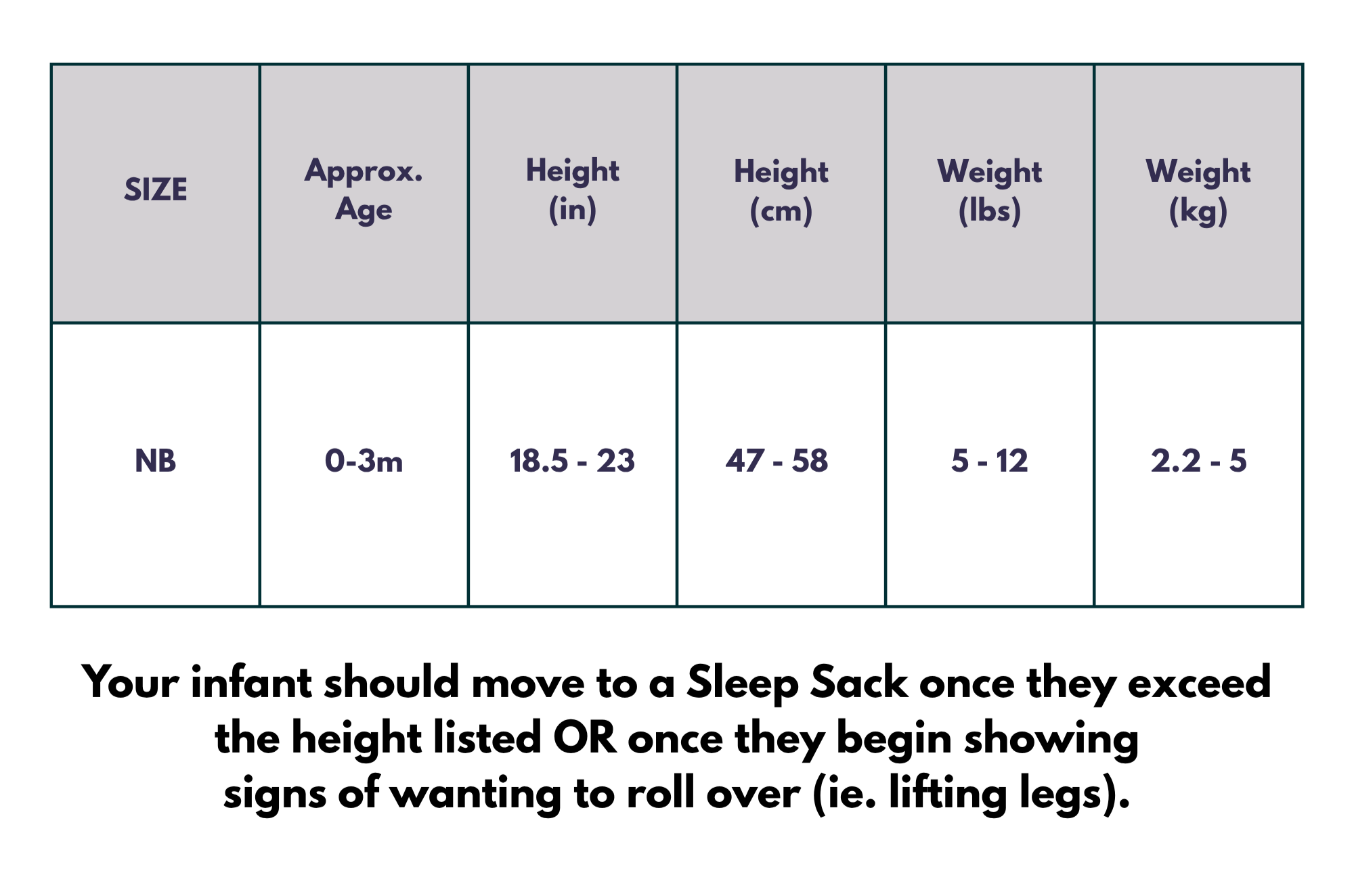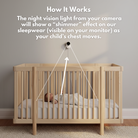Being a new parent often means sleepless nights because your newborn just won't settle down. I've been there too. I understand the exhaustion and frustration that can come with trying to help your little one sleep soundly. But if you're losing sleep wondering how to get your newborn to sleep at night, there's hope. With patience and effort, you can find ways that help both you and your newborn baby.
It's also important to remember that sleep habits take time to develop. While it may seem like your newborn will never sleep through the night, rest assured that with consistency and gentle guidance, they will eventually settle into a more predictable sleep routine.
So if you're feeling overwhelmed or discouraged, know that you're not alone. Many parents have walked this path before you and with my guidance, come out the other side with happier, better-rested babies. Let's explore strategies and tips to help your newborn sleep better, because every parent deserves rest, and every baby deserves peaceful sleep.
This Swaddle Is Your Best Friend
Think about it, your newborn not too long ago was in the womb, all tucked up and in a small confined space. We want to replicate that as much as possible with their new environment. That’s why Sleep of Mind newborn swaddles are so soothing. They help your newborn feel safe and secure, and they also prevent wakings when the Moro reflex activates.
The arms-up swaddle position is the most comfortable babies. It mimics the position of babies in the womb more closely than arms-down baby swaddles, ensuring your newborn has a more seamless transition into their new sleep environment.
The reflective design on our sleepwear lets you see your child’s body moving with each breath, giving you peace of mind with a glance at your existing night vision baby monitor. No batteries, bluetooth or wires. Just throw it in the wash with the rest of your baby's laundry!
The Sleep of Mind newborn swaddle calms the Moro (Startle) Reflex while giving babies the ability to self sooth which means longer stretches of sleep. Swaddles and Wearable Blankets replace loose blankets and bedding in a bassinet or crib. This helps reduce the risk of SIDS as per the American Academy of Pediatrics.
Crafting the Perfect Sleep Environment

Ensuring your newborn's sleep space is just right is key. The ideal conditions mimic the cool, dark caves of ancient times, where our ancestors sought safety. Melatonin, the sleepy hormone, loves low temperature and pitch black surroundings. Since babies under three months lack a developed circadian rhythm, we must curate their sleep surroundings to signal safety and promote quicker, more restful sleep. This can speed up falling asleep and make sleep deeper and more peaceful. Read our full recommendations in our article #1 Baby Sleep Tip: Create An Optimal Sleep Environment
What Are Newborn Wake Windows?
Newborns tire out fast, usually within 30 to 60 minutes, depending on their age. The world can be a sensory overload for these little adventurers! Keep an eye on the clock and offer sleep as soon as you reach my suggested wake windows.
Watching for Sleepy Cues
In addition to going by wake windows, you’ll also want to watch for signs of sleepiness, like yawning or rubbing their eyes. Catching these cues early can prevent overtiredness, making bedtime smoother and sleep more restful. An overtired child is more difficult to put to bed and being overtired also leads to shorter sleep periods and more crying. Make sure to offer your baby sleep when you begin seeing Stage 1 signs of sleepy cues.

Addressing Evening Fussiness
Newborn babies can get cranky in the evenings, especially until they're about 3 to 4 months old. This is called Early Evening Fussiness or the Purple Crying period and is completely normal. But fear not! Remember the five S's: Swaddle, Shush, Suck, Sway, and Side position. These tricks mimic the cozy womb, making your newborn feel snug and secure. Our Sleep of Mind swaddle is an arm-up swaddle which further mimics the feel and positioning in the womb, and is the most widely accepted swaddle by newborns, because it gives them access to their hands, while still calming the Moro Reflex (no startle wakes!). Once they're calm or asleep, gently lay them down, side first, then slowly roll to their back. Keep your hand on their chest as they drift off to sleep.

Establishing Predictable Routines
Babies love knowing what’s coming next—it makes them feel safe and comfy. Around 6 to 8 weeks, they start picking up on patterns, like a bedtime routine. Keep it simple and soothing, with activities like reading, singing, swaddling, and feeding. Short and sweet is key here! Your baby will soon learn that these activities mean it's time to wind down and get ready for sleep. When their body can predict sleep is coming, via a pattern (or routine), then it’ll start getting sleepy while going through the routine. This makes for a great way to prep your newborn for sleep.
Building a Foundation for Healthy Sleep
Getting sleep right from the start sets your newborns up for success. And guess what? Despite common beliefs, newborns cannot be spoiled, so continue with safe sleep strategies that promote restful sleep. As your baby grows, you can gradually teach them self-soothing skills and ease them into solo sleep. With a solid sleep foundation, your little one will be ready to take on all the exciting milestones ahead!
Figuring out how to get your newborn to sleep can be tricky, but don't worry! By making their sleep spot a familiar space, keeping an eye on tired signs, soothing them in the evenings, sticking to a bedtime routine, and using a good arms-up swaddle like our Sleep of Mind swaddle, you're setting the stage for good sleep habits.
Click here to read more about all the safety components that go into Sleep of Mind sleepwear, and how we've gone above and beyond any other brand.


































